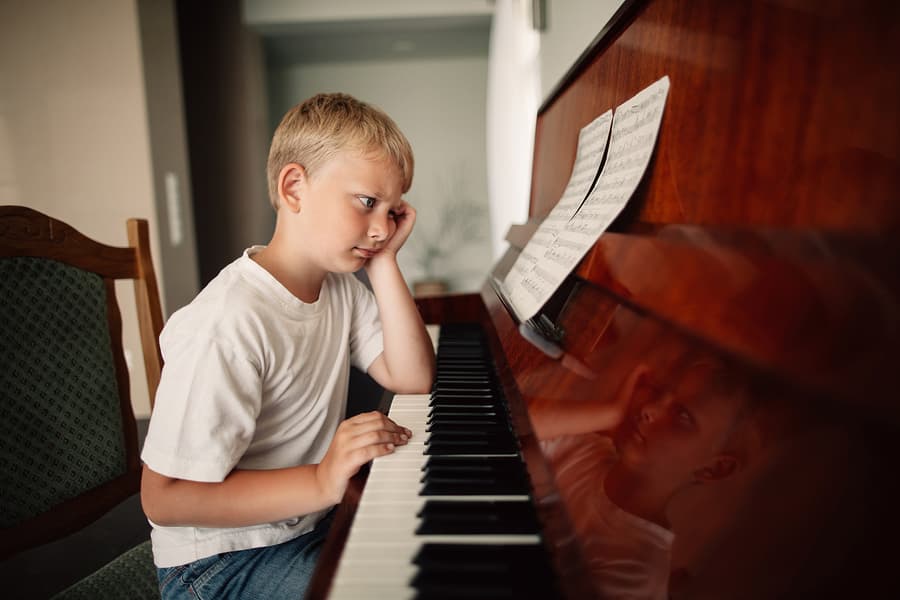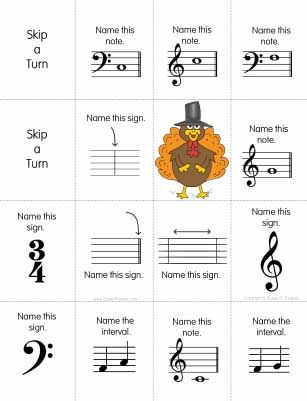When enrolling their children in music lessons, parents often ponder whether their young piano students will persevere or discontinue. The desire is for their children to cultivate a lifelong affinity for music and art, although they acknowledge the inclination of children to abandon hobbies. The aspiration arises from an understanding that music lessons wield a profound influence on young minds’ development. Such lessons reshape a child’s outlook, fostering heightened awareness of their environment, increased empathy, and curiosity about the world. Parents envision a future where their piano students triumph in music, translating into broader success in life’s endeavors. These aspirations reflect the dual hopes of nurturing musical passion while preparing young minds to thrive in the larger sphere.

Why do some students who follow the advice of their teachers, and stick to their daily practice routines, still manage to fail, or quit from frustration, while others make significant progress following the same exact same instruction?
We all know the cliche; “practice makes perfect”. And for the most part, it is true. The greater time spent at a piano, the greater the progress you will make. But practicing time is not the only requirement for long-term success, even in children of the highest ability and aptitude.
Imagine finding the perfect teacher for your child. You hire them immediately and you and your child follow their instructions to the letter, incorporating theory into lessons including singing, and analyzing each piece of music. Your child excels. They perform at festivals and concerts, and win some competitions. Then, all of a sudden, after only a handful of successful years, your child decides that they want to quit.
Facing a dilemma common among piano students: After investing time and money, what’s the best course? Sell the piano and move on or encourage further, despite waning passion? Balancing regret and a child’s determination.
What is the solution? While many parents find it hard to say no, you have to do what is best for your child’s future, and their development into adulthood. Do you want your child to resent you for letting them quit? Or do you want them to thank you for helping them achieve the greatest of successes, even when times were hard? It is an easy choice to make. And one that will build the character of your child. Saying “no” to quitting habits now, will form a bedrock of determination that will benefit your child for the rest of their lives.
It is these quitting habits that causes the light of the brightest of students to sputter out and extinguish before they ever had a chance to illuminate the world. Saying “yes” to the positive habit of committing to and completing a task, even in the face of adversary, is one that will not only change the life of your child, but will change your own life too. It is a small step towards success. But all great achievements start with small steps.
Growing to be able to play a flawless Rachmaninoff piano concerto begins with ear training exercises, and repeated scales for hours on end until; “impressive quality” is achieved. The same notion applies to all musical study, and all the life in general – take small steps to success and continue learning no matter how hard it seems!
Do not Quit!
